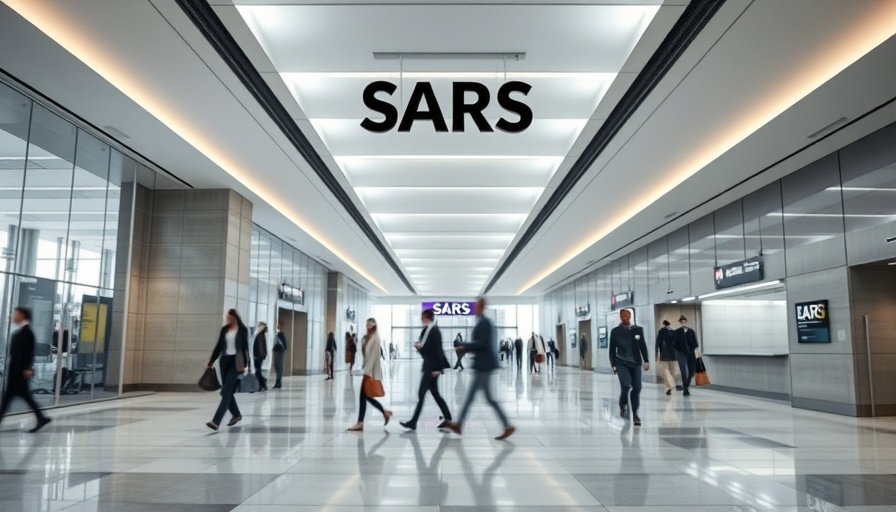
The Court’s Ruling: A Turning Point for South African VAT Policy
The recent court ruling suspending the planned Value Added Tax (VAT) increase in South Africa, scheduled for May 1, 2025, has sent ripples through the political and economic landscape of the nation. The Western Cape High Court ordered that the approval for the 0.5% VAT increase be set aside, a move that was celebrated by the South African Revenue Service (SARS) and opposition parties alike. Epidemiologists DEposited in this judgment a vital precedent regarding how fiscal policy is shaped and implemented in South Africa.
The High Court’s Decision: A Victory for Accountability
As stated by SARS Commissioner Edward Kieswetter, the ruling not only provides needed clarity on the administration of the VAT Act but also underscores the importance of lawful processes in enacting tax policy. This judicial affirmation reflects broader concerns over accountability and transparency within government functionalities, which are vital, especially as South Africa prepares for critical elections in 2024 and 2026.
What It Means for Voters: Navigating Coalition Politics
The suspension of the VAT hike raises crucial questions for voters regarding the efficacy of the current coalition government led by the African National Congress (ANC). With opposition parties such as the Democratic Alliance (DA) asserting that the ruling demonstrates the power of civic action against unjust fiscal measures, it is clear that the political stakes are high. The recent court decision does not simply represent a victory against a specific tax increase; it’s a rallying cry potentially energizing the electorate ahead of upcoming elections in 2024 and 2026.
Political Ramifications: Realignment Ahead?
In light of this ruling, South Africa may see a political realignment as various opposition factions, including the Economic Freedom Fighters (EFF) and DA, work to capitalize on public sentiment. This ruling could indeed reformulate their strategies in the lead-up to electoral events, underscoring the prominence of fiscal policy in political campaigns and voter turnouts.
Safeguarding the Taxpayer: The Role of SARS
SARS plays a pivotal role in safeguarding taxpayer rights. The court’s ruling allows for the agency to ensure compliance among vendors without the added complication of a contested VAT increase. As Kieswetter indicated, the absence of a legal basis for implementing this tax hike bolsters SARS’s commitment to its mission: efficient administration while protecting South African taxpayers.
Future Implications: Preparing for Economic Challenges
Looking forward, economic challenges remain on South Africa's horizon, from societal inequalities in income and service delivery capabilities to the ongoing impact of state capture allegations. This court ruling sets a precedent encouraging greater scrutiny of policy measures and the governing body’s adherence to legislative procedures. As such, it could potentially influence future measures such as land reform and other initiatives hitting economic policy challenges head-on.
Furthermore, the ruling may invigorate discussions around public sector reform and anti-corruption measures. Understanding how these elements interplay regarding the court's stance on fiscal oversight will be crucial for voters and politicians alike as they engage with issues surrounding economic inequality and government accountability.
Conclusion: A Call to Reflect and Engage
This landmark ruling holds significant implications for the functioning of South Africa’s democracy and fiscal policy. As citizens watch these developments, now is the time to reflect on what these political shifts might mean for the country's future. Engaging in civil discourse and staying informed on policy changes will empower voters ahead of looming electoral opportunities.
 Add Row
Add Row  Add
Add 




Write A Comment